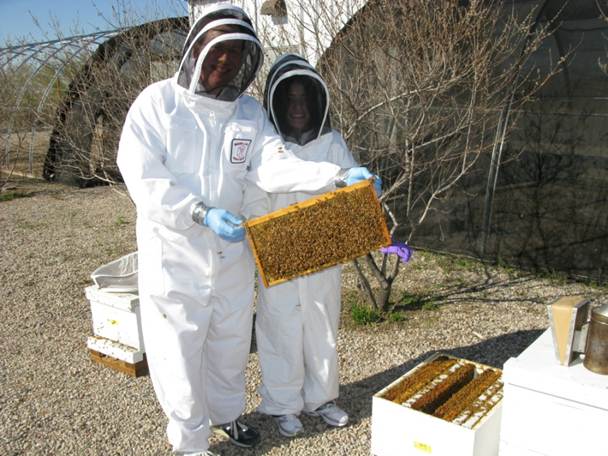Podcast: Play in new window
BOB HIRSHON (host):
Reversible bee brains…I’m Bob Hirshon and this is Science Update.
Honeybees begin their lives as nurse bees, caring for the hive’s queen and her larvae. But by 3 weeks of age they turn into worker bees that search for food. To uncover the cause of this radical behavioral transformation, Arizona State biologist Gro Andam and Johns Hopkins geneticist Andy Feinberg emptied a hive of all the nurses while the worker bees were out foraging. When the workers returned, many of them turned back into nurses to rescue the queen and her offspring. Feinberg says DNA analysis of the bees’ brains showed reversible epigenetic modifications to about 150 genes.
ANDY FEINBERG (Johns Hopkins University):
Where the DNA sequence spells out the language, the words, and so forth, the epigenetic information kind of spells out the grammar, what genes should be turned on, what should be turned off.
HIRSHON:
He says the research could shed light on human behaviors such as addiction. I’m Bob Hirshon, for AAAS, the science society.



 Podcast for 12 October 2012
Podcast for 12 October 2012